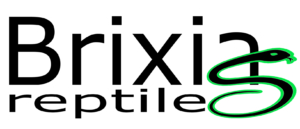Innovative Technologies for Audit
validation and compliance checks
The process of developing audit technology and implementation can be costly. Therefore, a comprehensive understanding of the scale of this process is vital for those making the decisions.
According to experts, the creation and implementation of audit technology requires a significant amount of human resources, budget, and time. It also requires an extensive understanding of the goals and objectives that must be accomplished. The implementation of audit technology is a complicated process that requires continuous communication between teams and an understanding of dangers that can arise at any point in the development process.
This is particularly applicable if the aim of the project is to improve the organization of data and audit efficiency. For example, one KPMG senior manager discovered that a firm with multiple entities could save hundreds of hours in testing by using automated technology to match and map different data sets.
Another possible application for emerging technologies is for auditors to conduct audits in a remote and virtual environment. This technology allows for greater efficiency, reduces travel costs and time spent in meetings with clients, and enables auditors to use advanced tools, such as analytics.
Samantha Bowling, CPA and CGMA at Upper Marlboro Garbelman Winslow CPAs in Maryland she says that incorporating new technology into audits isn’t something which can be accomplished in one day. Her firm has incorporated artificial intelligence (AI) to assist in identifying high-risk transactions. This technology has enabled her to tailor the auditing procedures to address specific risks and eliminate the need for sampling which results in greater efficiency and higher quality.

Lascia un Commento
Vuoi partecipare alla discussione?Sentitevi liberi di contribuire!